Pride is powerful — but it didn’t begin as a celebration. It began as an uprising. Today, we might wear rainbows and march with joy, but it’s vital to remember that Pride was born from resistance, not acceptance. It was — and still is — a fight for dignity, visibility, and safety.
In June 1969, the Stonewall Inn in New York City was raided by police, as queer spaces often were. But this time, the community fought back. What followed were several nights of protest, led by those most often pushed to the margins — trans women of colour, homeless queer youth, and drag queens. Among them were Marsha P. Johnson and Sylvia Rivera, two names we must never forget.
Marsha and Sylvia weren’t only resisting police violence — they were resisting a society that had decided their lives didn’t matter. They were Black, Brown, trans, poor — and still they stood at the frontlines. Not just at Stonewall, but in the years that followed, tirelessly advocating for the rights of queer and trans people when most of the world wasn’t listening.
Their work reminds us that Pride was — and remains — political. It’s about fighting systemic injustice and ensuring that queer and trans people are not just included, but respected, protected, and celebrated.
Today, Pride is more visible than ever. Rainbow flags fly from businesses, governments, and social media accounts. But visibility is not enough if it’s not matched with action. When queer and trans people are still denied healthcare, targeted by legislation, attacked for being who they are — we cannot call this equality. We cannot forget that while some of us enjoy growing acceptance, others are still fighting for survival.
This is where queer feminism matters so deeply. Feminism, at its core, is about equality and liberation — for everyone. That includes queer people, trans people, non-binary people. It means recognising that systems of oppression don’t operate separately. Sexism, racism, homophobia, transphobia — they reinforce each other. Our feminism must be intersectional, or it fails those who need it most.
Feminist spaces must be safe for queer and trans people — not as a nice gesture, but as a fundamental principle. That means challenging exclusionary narratives, confronting bigotry, and learning from the people whose lives are most at risk. It means remembering that the queer rights movement is feminist history.
So yes, let’s wear our rainbows with pride — not as decoration, but as a declaration. A tribute to the people who fought before us and a commitment to those still fighting now. Let our support be joyful, but also meaningful. Let it be rooted in respect, history, and the urgent need for justice.
Pride is not a destination — it’s a journey. And we still have a long way to go.
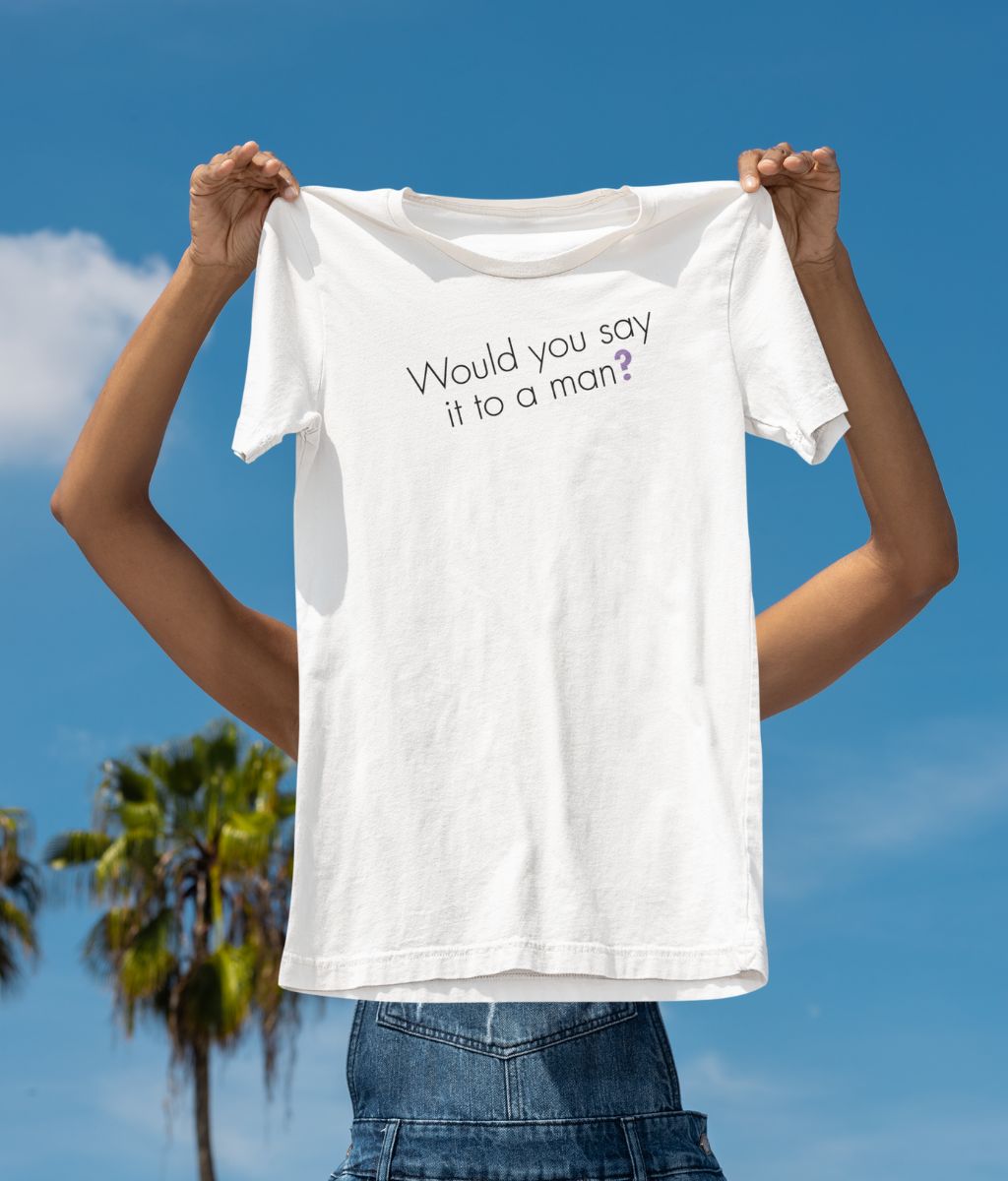
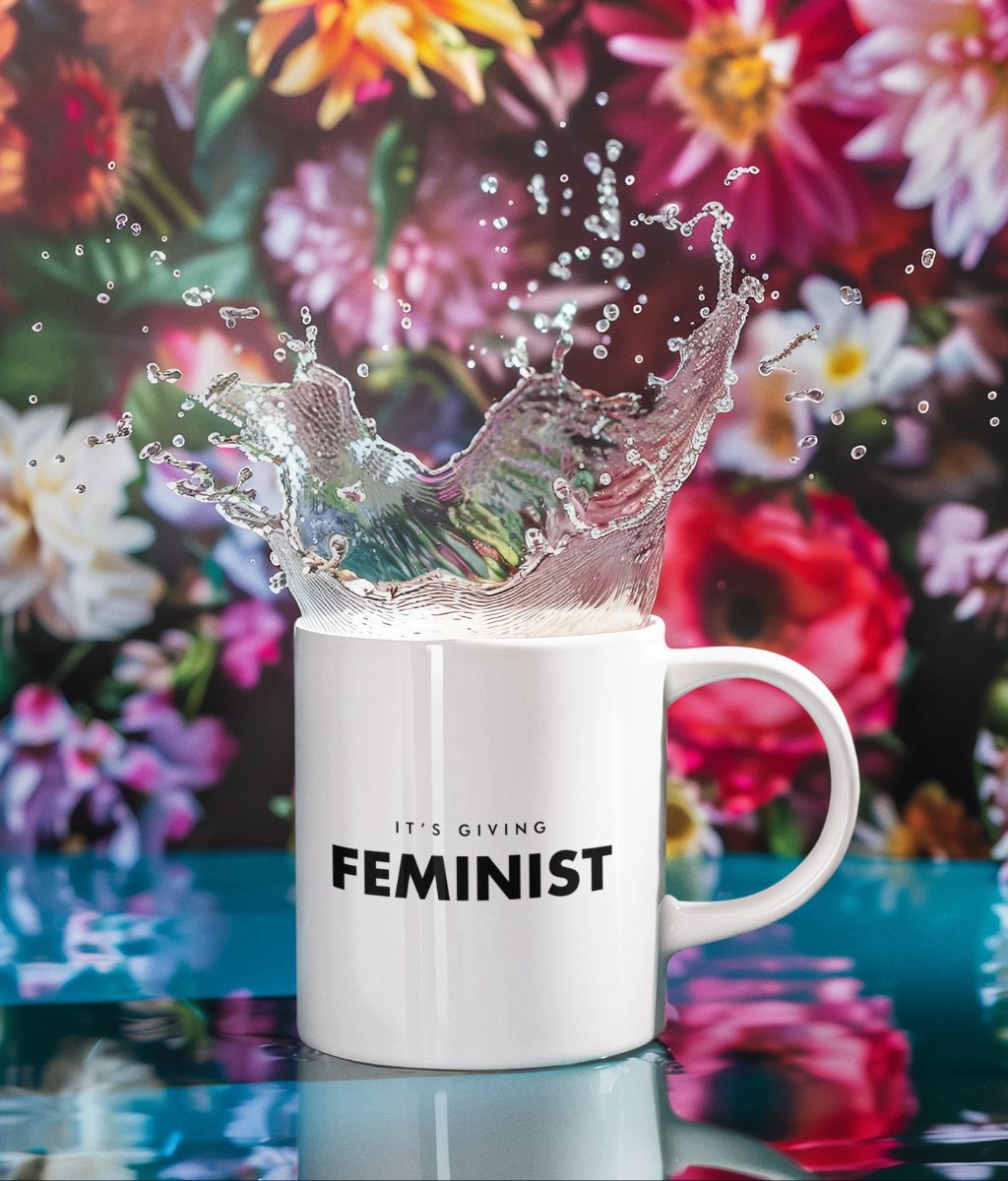

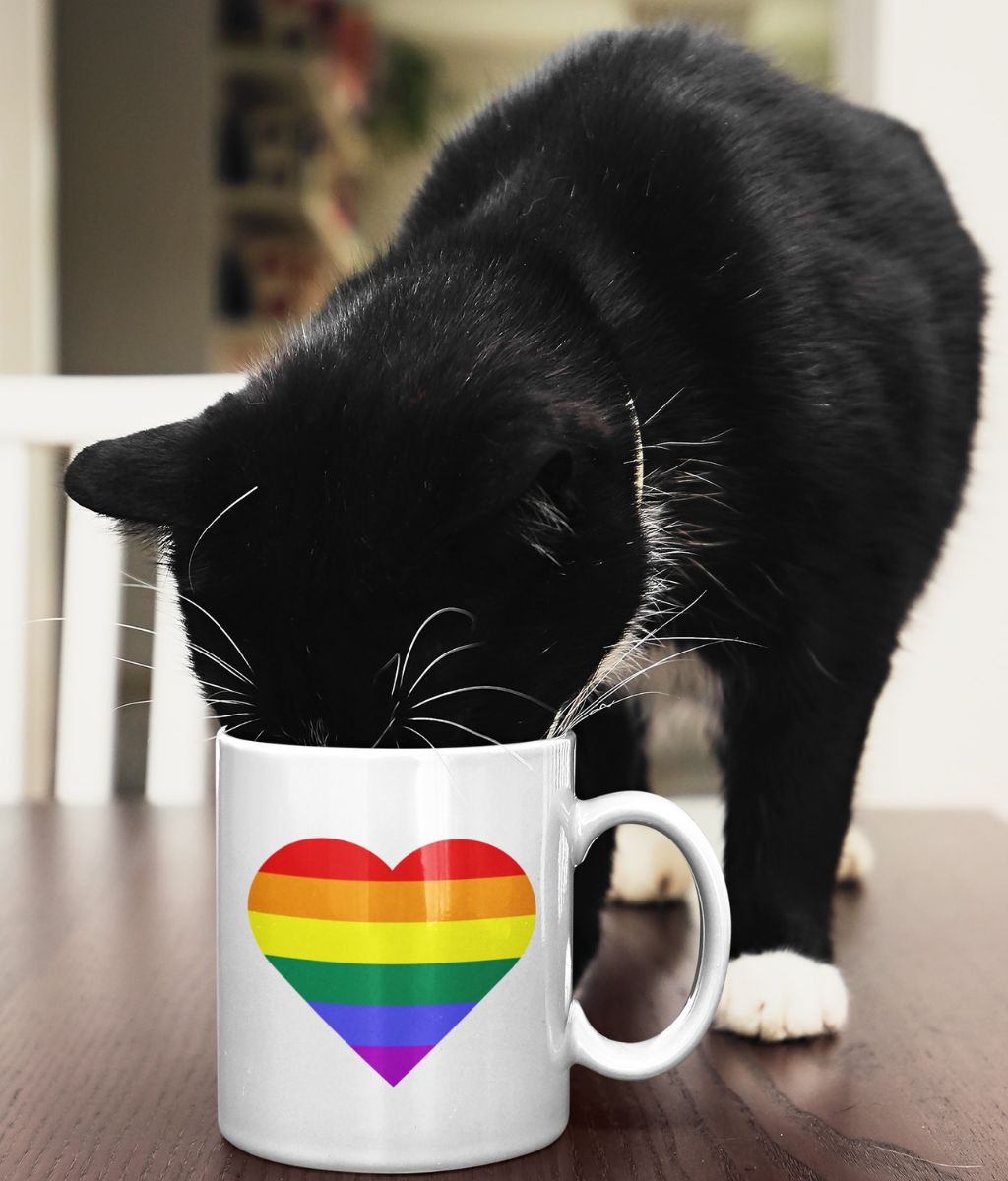
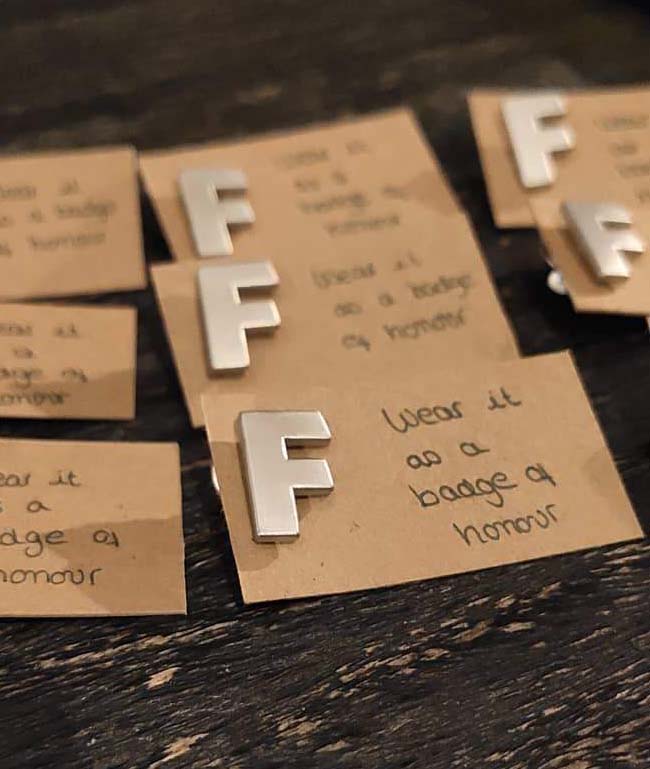
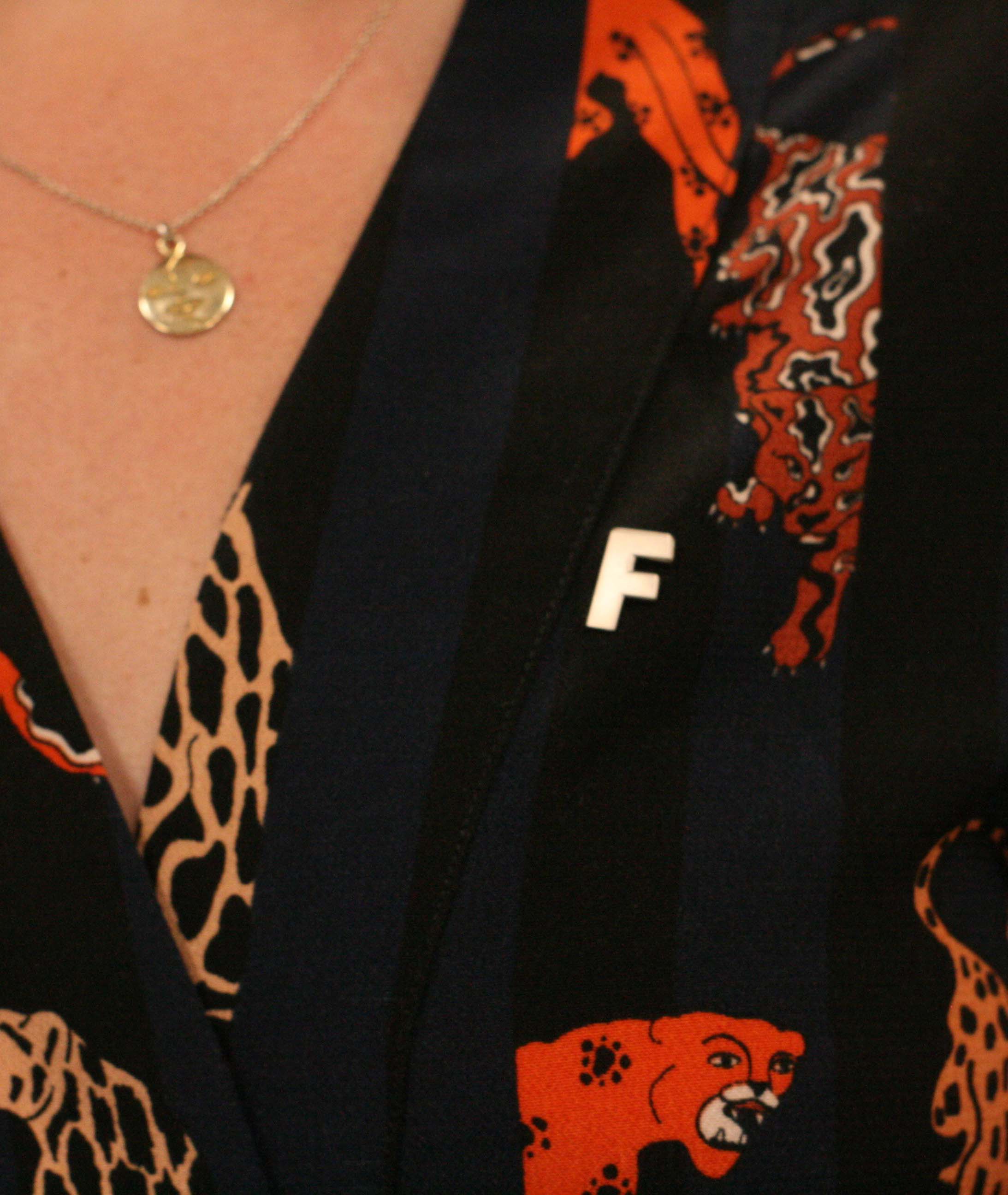
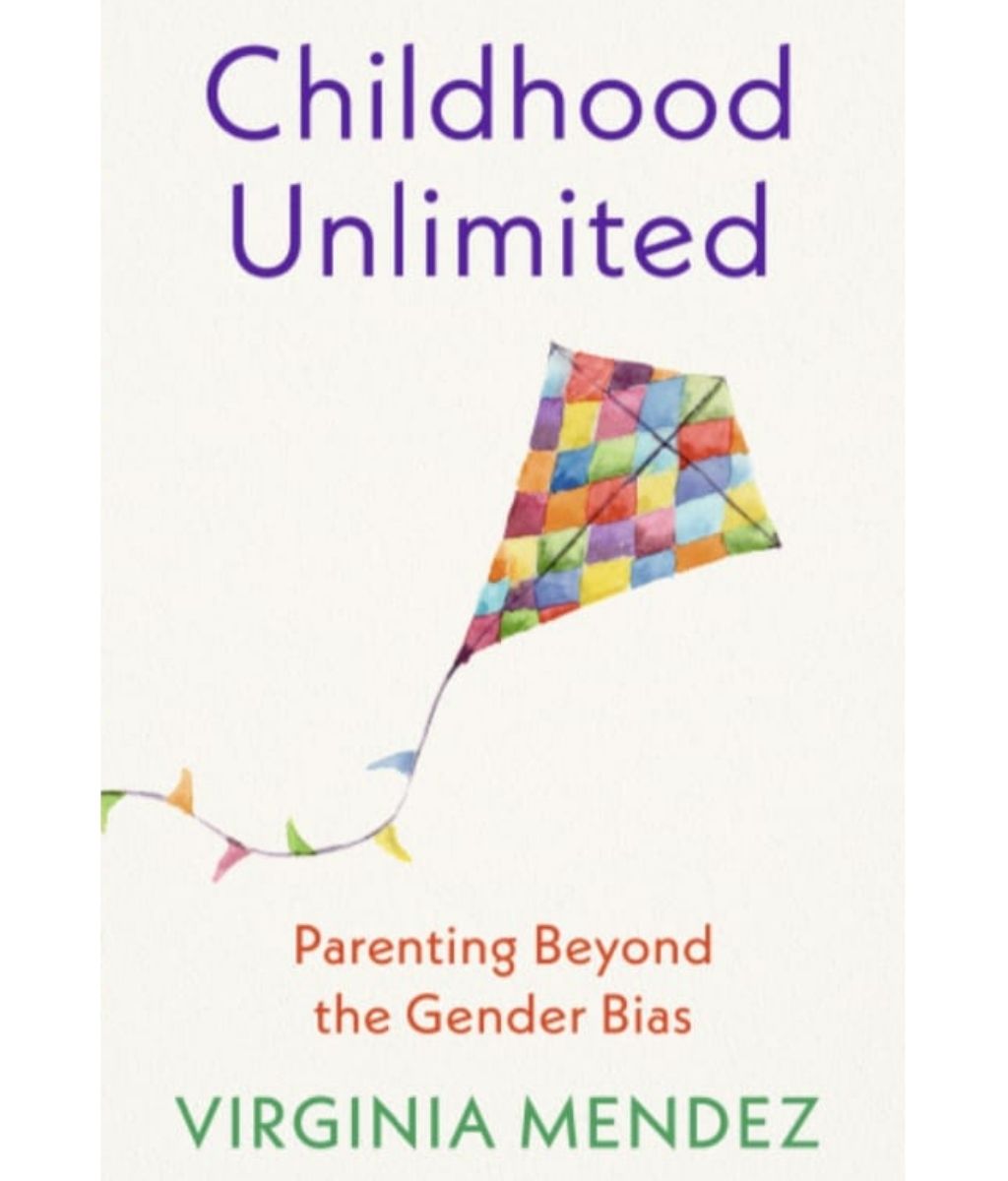
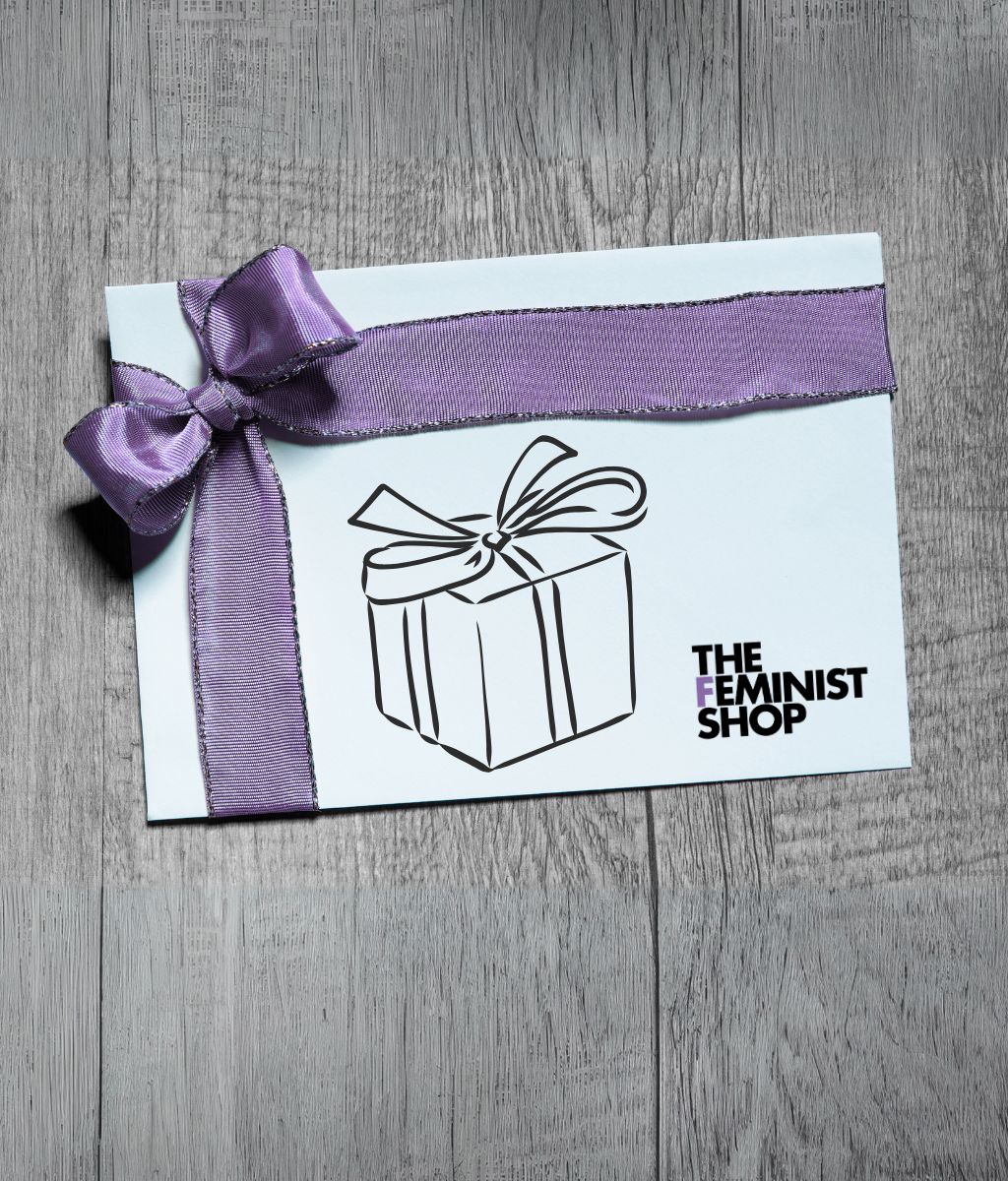
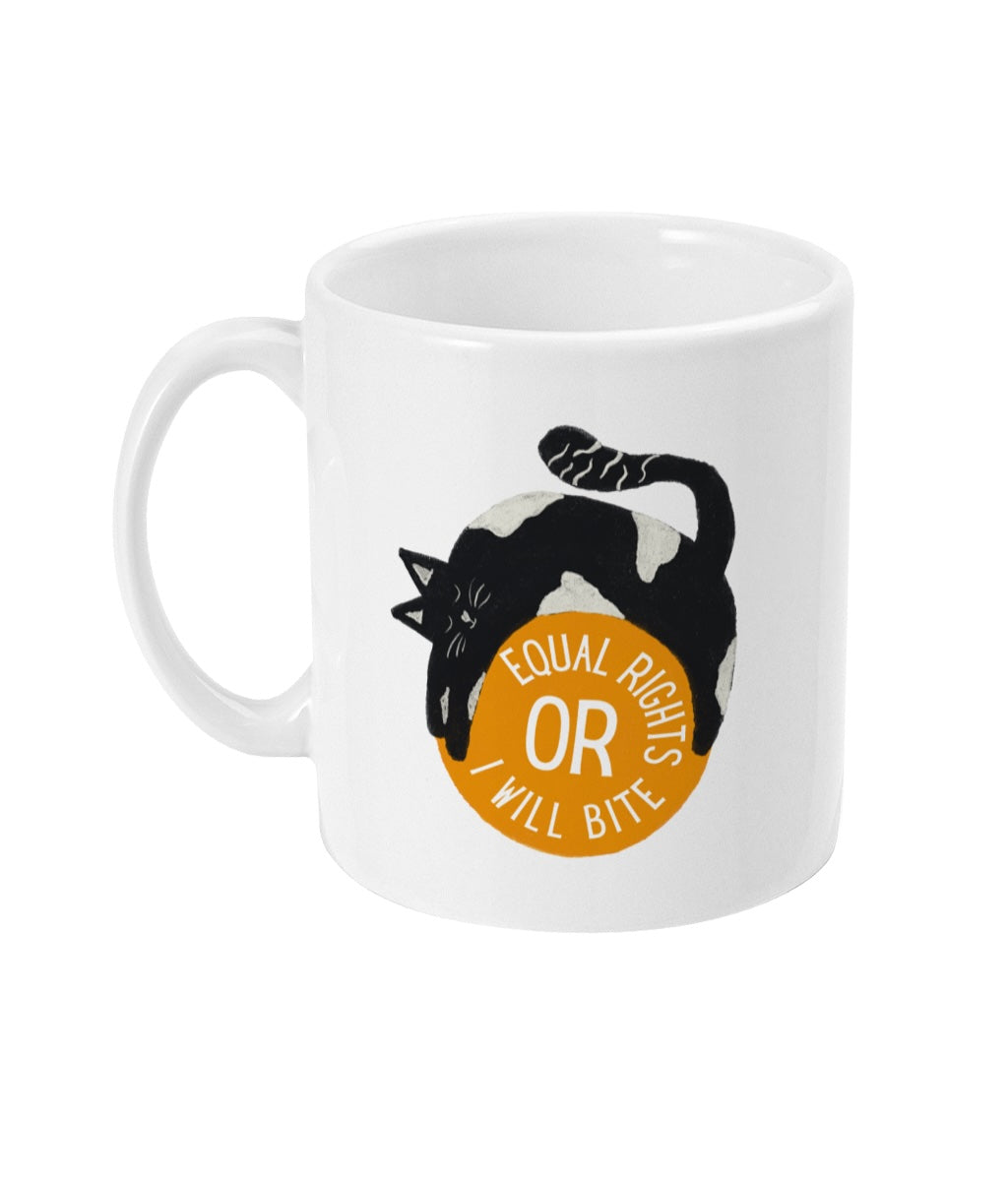
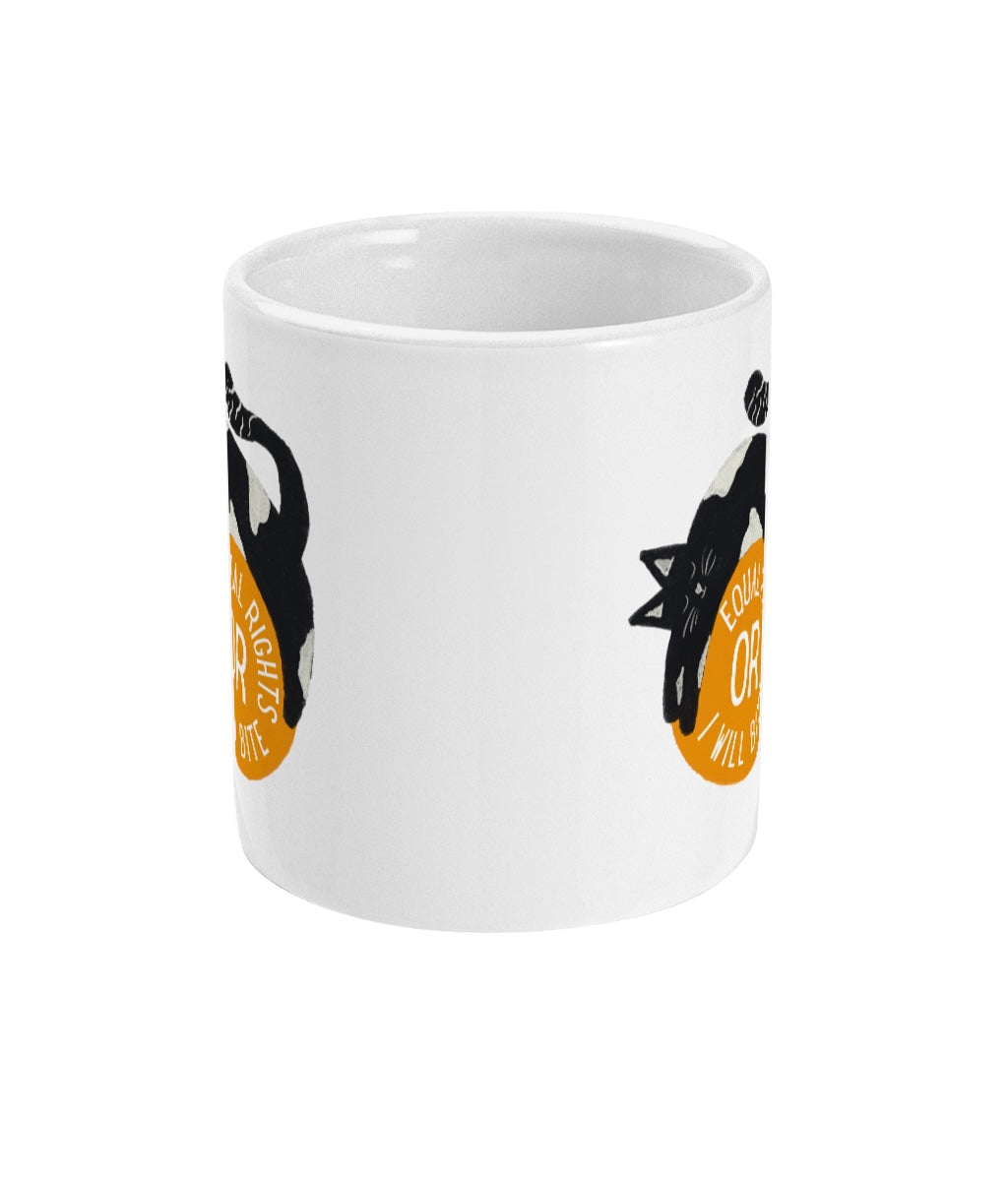
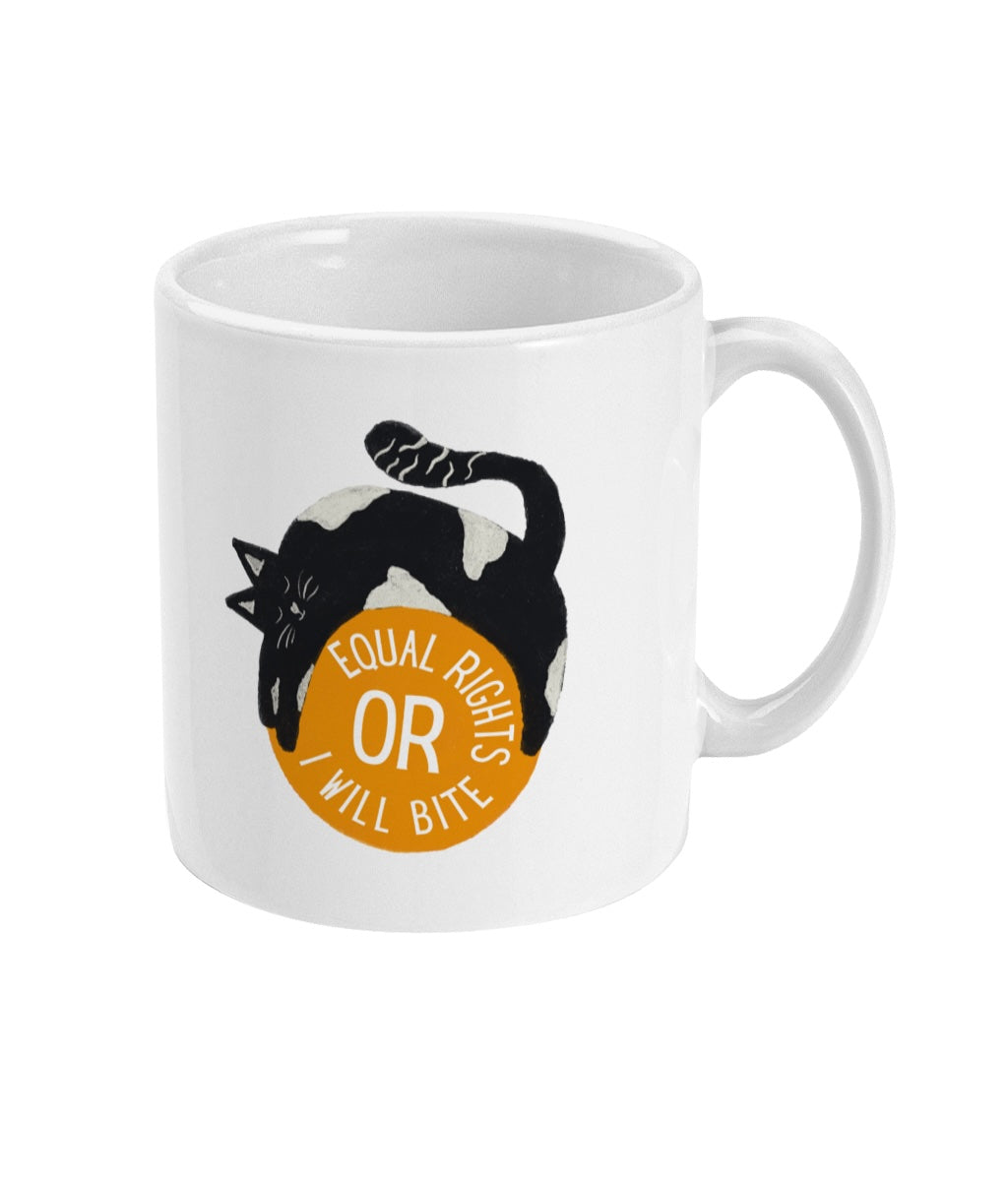
0 comments